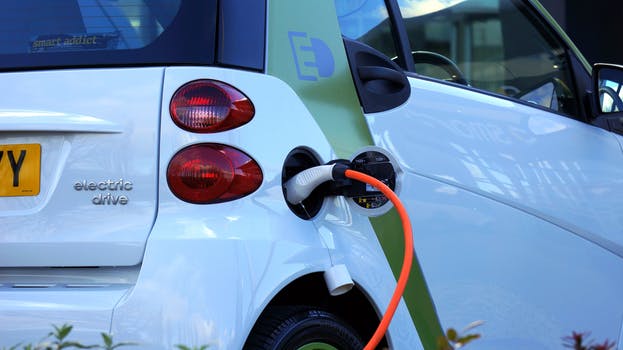(REPOST: Next Green Car)
Chancellor Philip Hammond made the following motoring-related announcements in the Autumn Budget 2017 (extracts reproduced in italics):

Vehicle Excise Duty (VED) – NEW DIESEL RATES
As part of funding measures for the government’s Air Quality Plan, VED on new diesel cars from April 2018 will see the First Year Rate (FYR) move up one band. This would see a 95 g/km diesel supermini pay £140 FYR rather than the current £120. It will not apply to the next generation of diesel engines that have been tested against and pass new RDE emissions standards. It is worth noting that the FYR is included in a new car’s OTR cost. The existing tax bands remain the same, and petrol cars and LCVs – petrol or diesel – are unaffected, apart from an increase in costs in line with the RPI.
A Vehicle Excise Duty (VED) supplement will apply to new diesel cars first registered from 01 April 2018, so that their First-Year Rate will be calculated as if they were in the VED band above. This will not apply to next-generation clean diesels – those which are certified as meeting emissions limits in real driving conditions, known as Real Driving Emissions Step 2 (RDE2) standards.
VED will increase in line with RPI from 01 April 2018 VED rates for cars, vans and motorcycles registered before April 2017 and the First-Year Rates for cars registered after April 2017.
Fuel Duty – FROZEN
Philip Hammond confirmed that the main fuel duty rates for petrol and diesel will continue to be frozen for the 2018-19 financial year, cancelling the planned increase. This means that fuel duty will have been frozen for more than eight years, the longest fuel duty freeze for more than 40 years. Fuel duty therefore remains at 57.95 pence per litre until further notice.
Alternative Fuel Duty – IN REVIEW
Fuel duty on alternative fuels such as hydrogen and electricity will be considered ahead of the next budget. LPG fuel duty, however, is frozen.
The government will review whether the existing fuel duty rates for alternatives to petrol and diesel are appropriate, ahead of decisions at Budget 2018.
Company Car Tax – INCREASE IN DIESEL SUPPLEMENT
The diesel supplement, currently 3% above petrol BIK rates, will increase by 1%. As of April 2018, the diesel supplement will be 4% higher than petrol and alternatively fuelled cars. Company car tax rates for non-diesel cars up to the end of the 2019-20 financial year are as previously announced.
A rise in the existing Company Car Tax diesel supplement from 3% to 4%, with effect from 06 April 2018. This will apply only to diesel cars which do not meet the Real Driving Emissions Step 2 (RDE2) standards.